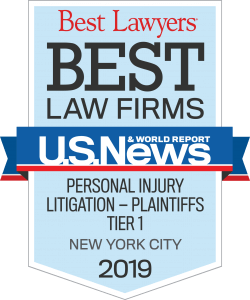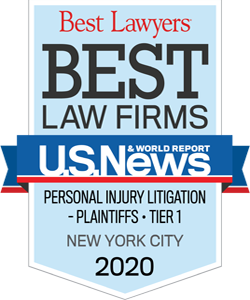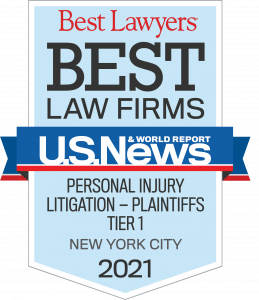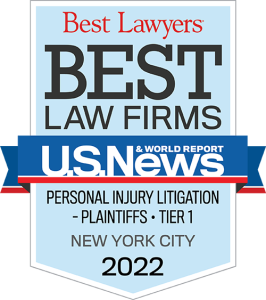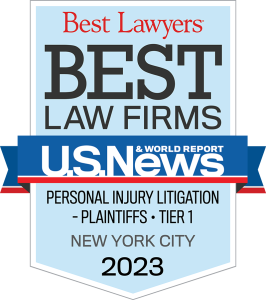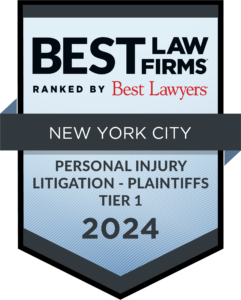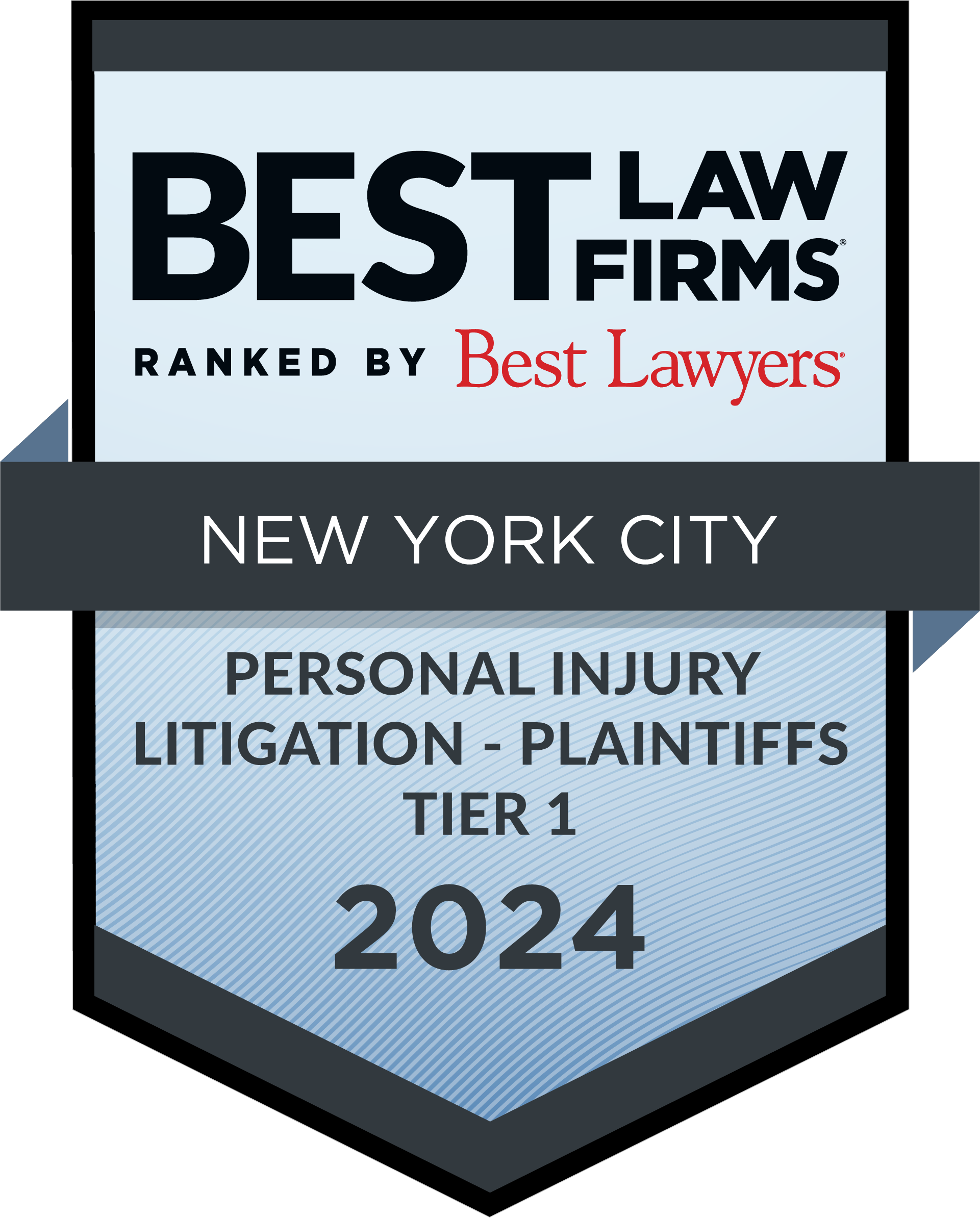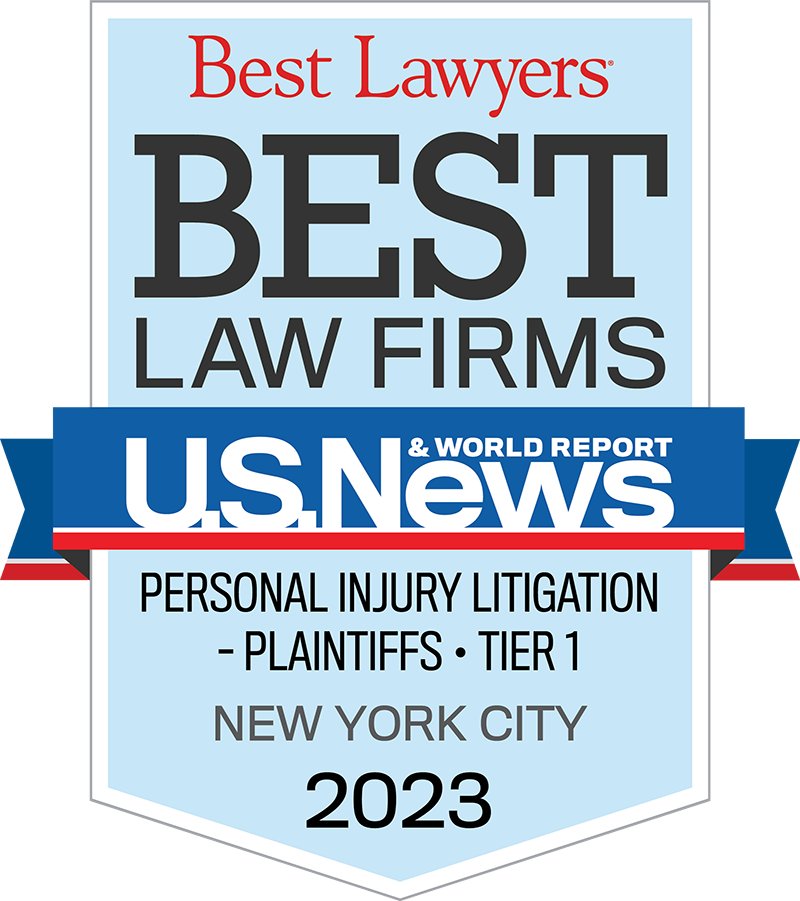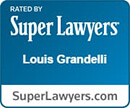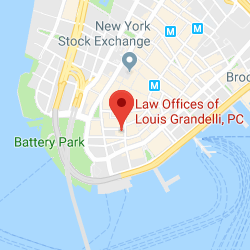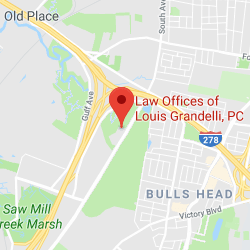It is often the case that a person who is injured in an accident is hesitant to contact a lawyer, even if the accident is entirely the fault of another party. However, what some fail to consider is that as the days and weeks go by, evidence that may be necessary to prove their case may be lost or destroyed. In view of this, it is particularly important to contact a lawyer as soon as possible so they can begin an investigation and act to preserve any evidence.
When a plaintiff’s lawyer takes the proper steps, a potential defendant can be forced into preserving the evidence and, if they fail to do so, face sanctions in an ensuing litigation. At common law this is referred to as the spoliation of evidence . Spoliation occurs not just when evidence is destroyed, but when a party alters, loses, or destroys key evidence before it can be examined by the other party. See Samaroo v. Bogopa Serv. Corp., 106 A.D.3d 713, 714 (2nd Dept. 2013).
A classic illustration of why it is important to retain the right attorney as soon possible is preservation of video surveillance. As an example, if someone were to slip and fall on some water while walking in a commercial establishment, it is likely that a video camera is pointing in their direction, and may have recorded not only the accident but also the hazardous condition that caused them to slip. That video may be all it takes to prove liability in that case. However, many commercial establishments utilize video recording systems which automatically delete surveillance footage within days or weeks of the recording. Further, a business that is entirely unaware of a potential law suit is not going to have any responsibility to keep footage. As such, a case that could be decided on video evidence may be lost when that footage is deleted.
In addition to surveillance video, there are many other types of evidence that get destroyed as a matter of course within a certain time period. For example, in an auto accident, an inspection of the damaged vehicle may be helpful, but vehicle owners will usually act quickly to repair their vehicles. As such, hiring an attorney who can act rapidly to preserve the evidence and investigate the claim becomes essential.
It’s important to note that in New York the spoliation of evidence is not a separate claim against a potential defendant, but is purely intended to help a plaintiff prosecute their case despite the loss of evidence. See Ortega v City of New York, 9 NY3d 69 (2007). At trial, a plaintiff’s attorney may seek sanctions against a party that destroyed or lost material evidence. These sanctions may include the complete striking of a defendant’s answer, which prevents them from presenting evidence in support of their defense. Another sanction a judge may impose on a defendant is an adverse inference charge to the jury. In this case, the judge instructs the jury that they can infer that the evidence destroyed by the defendant would have been adverse to the defendant and favorable to the plaintiff.
The exact sanction that is doled out is determined by considering the level of prejudice that results from the destruction of the evidence and whether the destruction was intentional, negligent, or purely accidental. Even an adverse inference charge can make a case, so for a person injured as a result of the negligence of someone else it is important that they contact a lawyer as soon as possible so the necessary steps can be taken to investigate the case and preserve the evidence.
At Louis Grandelli, P.C., we strive to protect our clients rights by working to preserve key and material evidence as soon as possible. In cases where key and material evidence has been lost or destroyed by the defendants, our office has sought all possible sanctions against the defendants for their spoliation of evidence, and has successfully leveraged the spoliation of evidence to obtain million of dollars in settlements for our clients. If you or someone you love has been injured as a result of someone else negligence, please contact us as soon as possible.

